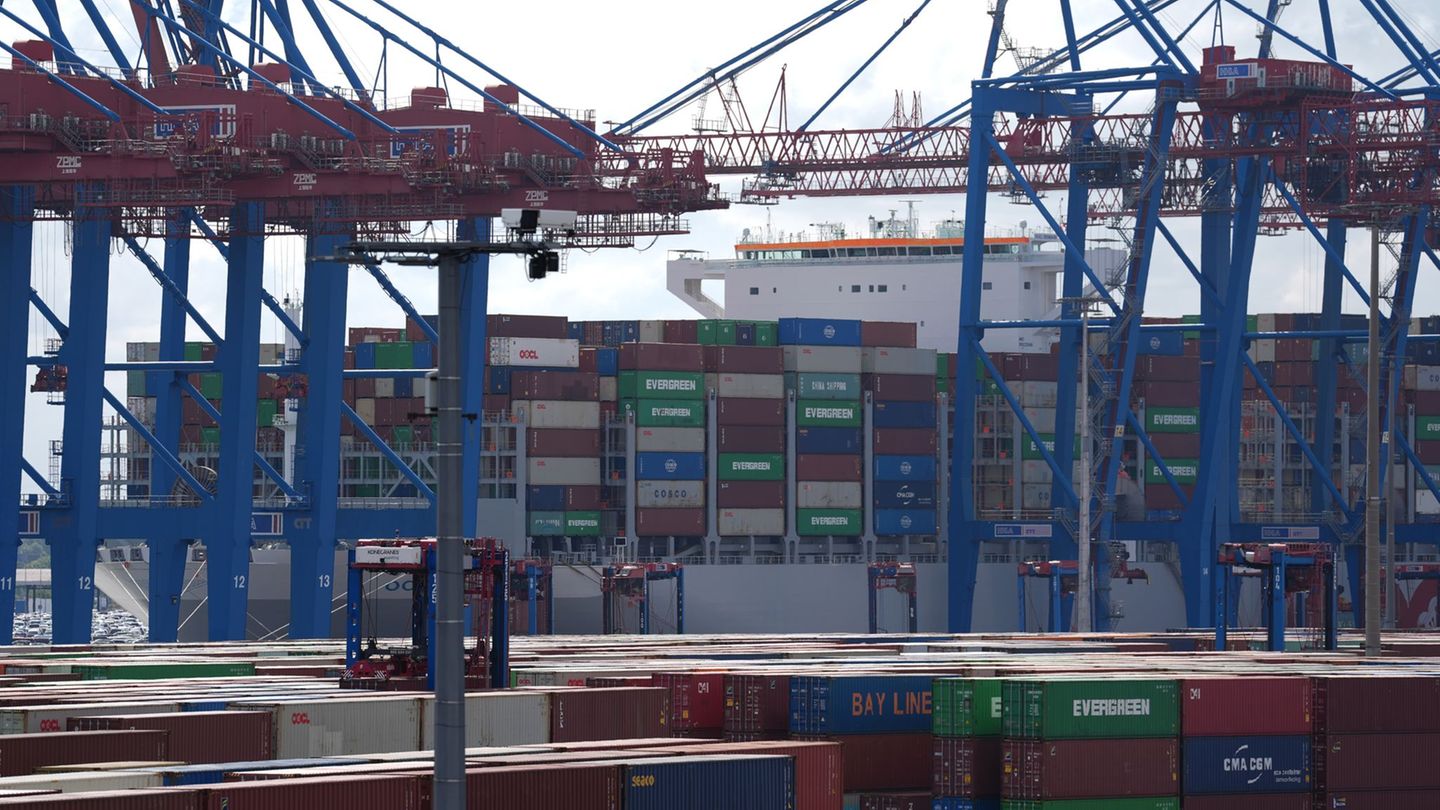Menu
Business: Bundesbank: US tariffs threaten weak German economy
Categories
Most Read
Pension from 63: Who can go earlier and how high are the discounts?
October 5, 2025
No Comments
Energy: Opec+ keeps course – more oil in the market
October 5, 2025
No Comments
Air traffic: IT system at BER Airport repaired to cyber attack
October 5, 2025
No Comments
Special breakfast! Take advantage of unmissable offers in this supermarket to save on the purchases of the week
October 5, 2025
No Comments
New rules from October 9: More protection for bank customers in the case of seconds
October 5, 2025
No Comments
Latest Posts

Naomi Watts and Billy Crudup: How to strengthen each other’s back
October 5, 2025
No Comments
Lisa HarrisI am an author and journalist who has worked in the entertainment industry for over a decade. I currently work as a news editor

War in Ukraine: Selenskyj: Putin laughs over the West
October 5, 2025
No Comments
IvanI have been working in the news industry for over 6 years, first as a reporter and now as an editor. I have covered politics

Cycling: In the world champion jersey for the European Championship victory: Pogacar dupes rivals
October 5, 2025
No Comments
PierceI am Pierce Boyd, a driven and ambitious professional working in the news industry. I have been writing for 24 Hours Worlds for over five
24 Hours Worlds is a comprehensive source of instant world current affairs, offering up-to-the-minute coverage of breaking news and events from around the globe. With a team of experienced journalists and experts on hand 24/7.

